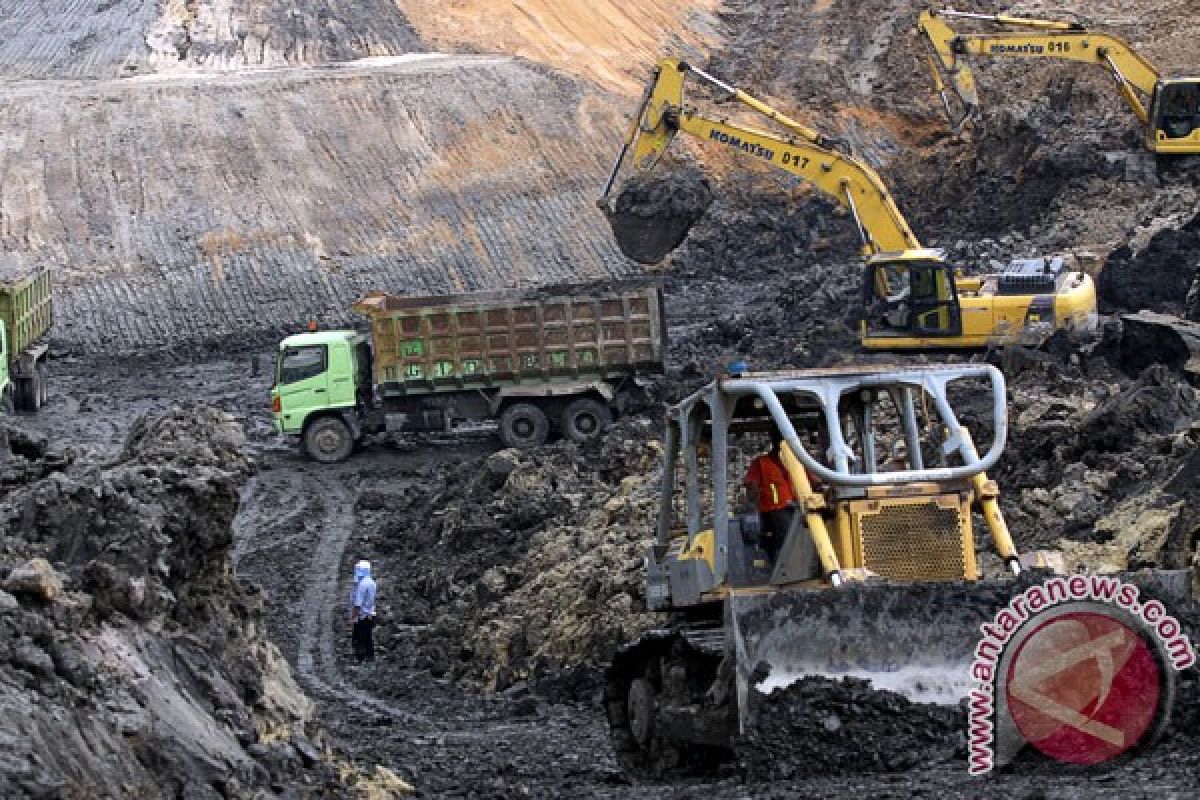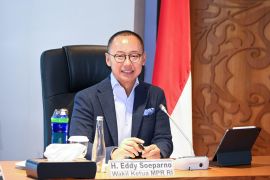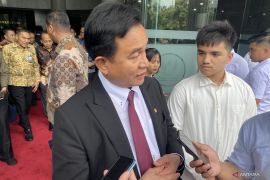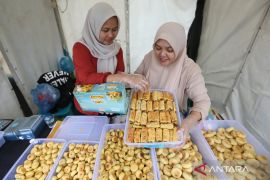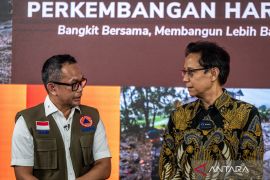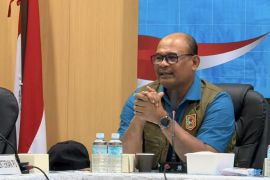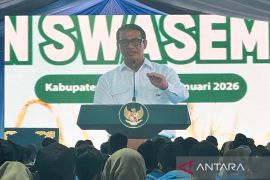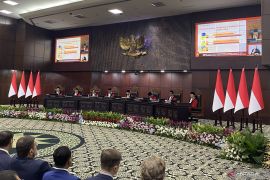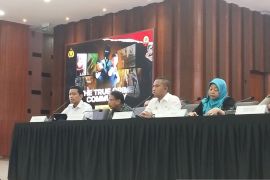Most importantly, coal is still a potential mining resource needed to develop energy, generate electricity, and produce energy mix. Hence, the Ministry of Energy and Mineral Resources (ESDM) is optimizing the use of coal in the national energy mix.
A change in the use of energy sources is estimated in 2025, with coal utilization at 33 percent; natural gas, 30 percent; petroleum, 21 percent; and other forms of energy, 17 percent. This awareness arises, as oil reserves are depleting and will run out someday.
"We admit coal is a fast step in providing primary energy. The government does not remain silent about what is there," Deputy Minister of ESDM Arcandra Tahar noted in a written statement received by Antara in Jakarta on Sunday (Nov 4).
He added that currently, the government continues to make various strategic efforts to ensure an optimal energy mix in power generation. This is in line with the government`s mission to create a clean environment and achieve the national economic growth targets.
"This is a challenge for Indonesia, as a developing country and not as a developed nation. We need to create a clean and sustainable environment and achieve economic growth targets," the deputy minister remarked.
Tahar believes that the national economic growth of 5.3 percent can be achieved if the national electricity consumption level has increased.
As of the third quarter of 2018, the national electricity consumption reached 1,048 kilowatt hours (KWh) per capita. If traced further, this number has experienced positive changes since 2014, reaching 804 Kwh per capita, 918 Kwh per capita in 2015, 956 Kwh per capita in 2016, and 1,012 Kwh per capita in 2017.
"It is our duty to provide affordable electricity rates for the public`s electricity consumption," Tahar stated.
The deputy ESDM minister said his ministry had taken precautionary measures in terms of coal utilization to ensure it will not have a negative impact on the environment.
"We ask new Independent Producer Power (IPP) to use environmentally friendly technology," he noted.
This step is one of the government`s three tactical efforts to improve the composition of the energy mix in future. Two other efforts comprise the government`s endeavor to replace or combine reserves of power plants with Renewable Energy (EBT) and build mine-mouth coal-fired power plants adjacent to energy sources.
The three steps were taken in order to cut production costs far lower.
"For instance, we have gas for electricity generation. Gas is indeed cleaner than coal. We recommend that state-owned electricity company PLN should build a mine-mouth power plant, so that the transmission costs to the power plant are closer to gas," Tahar noted.
Tahar believes that if an optimal energy mix in power generation can be achieved, then the target of economic growth and creating clean and sustainable energy can likely be realized.
The government has been successful in achieving and exceeding its renewable energy mix target in 2017 after having failed to reach the environment-friendly energy target in 2015 and 2016.
Regarding the EBT mix program, the ESDM Ministry had earlier stated that the realization of the new and renewable energy mix exceeded the target set in the revised state budget in 2017.
Public Information and Cooperation Service Head of the ESDM Agung Pribadi had noted early this year on Jan 7 that the increase in the energy mix production took place not only with the power plants developed by state-owned power company PLN but also with plants built by independent power producers (IPP).
"The realization of the EBT energy mix produced by power plants until November 2017 reached 12.52 percent, exceeding the target set in the Revised 2017 State Budget at 11.96 percent. The main portion of the increase came from the hydro power plants (PLTA) and geothermal plants (PLTP)," he explained.
In 2016, the government set the renewable energy mix target at 10.4 percent, but it only achieved 7.7 percent of the renewable energy portion.
The success in achieving the target in 2017 is a good indication that the government can attain its target to reach a renewable energy mix of 23 percent by 2025.
Hence, coal, as one of the energy elements in the energy mix program, is important for achieving the target. Moreover, it crucial for supporting the country`s exports.
Minister of Trade Enggartiasto Lukita noted that coal was one of the commodities that affected the decline in export performance in August 2018 as against July 2018.
"Exports are declining as compared to last month, which is caused more by coal, as we stopped coal trade. We have urged traders to stop coal exports. Now, we allow them to export it again," Lukita stated after attending the Synchronization of Consumer Protection Policy event in Jakarta on Monday (Sept 9).
The minister of trade explained that the trade balance deficit of US$1.02 billion in August 2018 was also influenced by the sale of coal prioritized for the domestic market only through a policy of domestic market obligation.
However, several international environmental NGOs said coal is not the energy of the future, so various countries must remove the fossil power plants that they have.
"Ending coal is not a dream. Many countries have shown that they can do it," Greenpeace International`s Coal Coordinator Global Coalition Harri Lammi said in a written statement received in Jakarta on Saturday (Oct 13).
Editing by Bustanuddin
Reporter: Andi Abdussalam
Editor: Heru Purwanto
Copyright © ANTARA 2018
